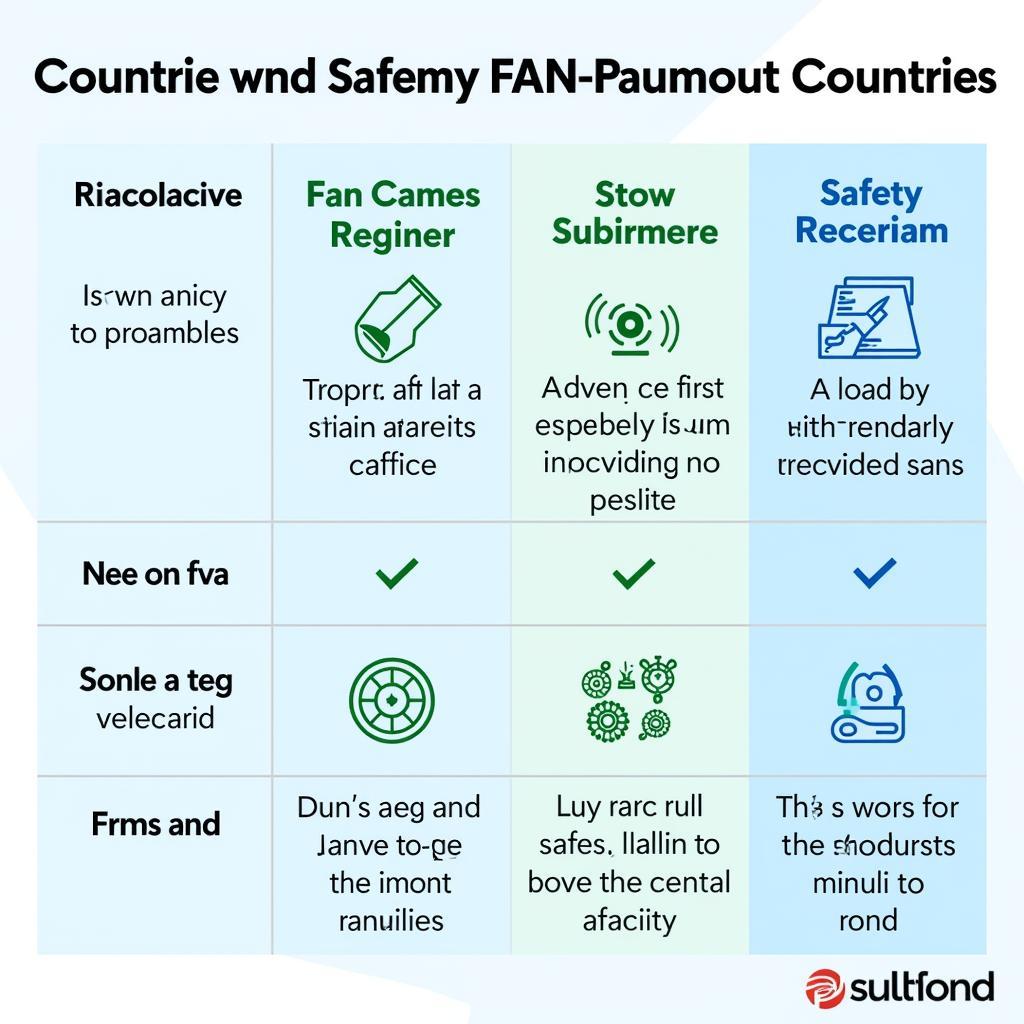Fan Death is a cultural belief, primarily prevalent in South Korea, that sleeping in a closed room with an electric fan running can lead to death. While scientifically unfounded, this belief has persisted for decades and continues to influence behaviors, particularly among older generations. This article delves into the origins, cultural context, and ongoing relevance of the fan death phenomenon.
A few paragraphs into the discussion, let’s acknowledge the impact of cultural beliefs on fan usage. This isn’t just about science; it’s about how traditions and perceptions shape our actions. For some, the idea of a running fan in an enclosed space conjures up genuine fear. See how fans react to other situations, such as the death of Iron Man, in this article: fan react ve cai chet cua iron man.
The Origins of the Fan Death Myth
The exact origins of the fan death belief remain unclear. Several theories attempt to explain its emergence, ranging from government conspiracies to genuine concerns about indoor air quality in post-war Korea. Some attribute it to the anxieties surrounding new technologies, while others point to the potential confusion between carbon monoxide poisoning from faulty heating systems and the perceived dangers of fans.
The Cultural Context of Fan Death
Understanding fan death requires understanding the cultural context in which it thrives. Respect for elders and a strong sense of community contribute to the perpetuation of the belief, even in the face of scientific evidence debunking it. The emphasis on collective well-being may also play a role, as following the precaution of turning off fans reinforces a sense of shared responsibility for safety.
Debunking the Myth: The Science Behind Fan Death
Scientifically, there is no evidence supporting the claim that fans can cause death. Medical experts have repeatedly stated that fans are perfectly safe to use while sleeping. The air circulation provided by a fan can actually be beneficial, particularly in hot and humid climates, by preventing heatstroke and improving sleep quality.
Fan Death in Modern Korea: Persistence and Adaptation
Despite being debunked, fan death continues to hold sway in some segments of Korean society. While younger generations are generally more skeptical, the belief persists among older Koreans, often ingrained through family traditions and cultural narratives.
For those interested in the reaction of fans to other events, check out this article: 20 cái chết tron anime ám ảnh fan nhất. It provides another perspective on how fans process and respond to different situations.
 Modern Korean Fan Use: Adapting Traditions
Modern Korean Fan Use: Adapting Traditions
Why Does the Belief Persist?
The persistence of the fan death myth raises intriguing questions about the interplay of culture, belief, and scientific evidence. One possible explanation is the power of collective memory and cultural narratives. Stories passed down through generations can solidify beliefs, even in the absence of concrete proof.
Is Fan Death Unique to Korea?
While most strongly associated with Korea, similar beliefs about the dangers of fans exist in other cultures, albeit in less prominent forms. This suggests a broader human tendency to ascribe danger to unfamiliar technologies or environmental factors.
Here’s a related article you might find interesting: fan nu thich isaac foster.
 Global Fan Beliefs and Practices
Global Fan Beliefs and Practices
Conclusion
The fan death phenomenon provides a fascinating glimpse into how cultural beliefs can shape behaviors and perceptions. While scientifically unfounded, its continued presence in South Korean culture highlights the enduring power of tradition and the complexities of human belief systems. Fan death serves as a reminder that cultural context plays a vital role in how we interact with the world around us.
FAQ
- What is fan death?
- Is fan death real?
- Where did the belief in fan death originate?
- Why do some people still believe in fan death?
- Are there similar beliefs in other cultures?
- How has fan death affected fan usage in Korea?
- What is the scientific explanation for the perceived dangers of fans?
Need more information on related topics? Check out this article: kang kyung yoon bi fan de doa.
You might also be interested in con người sinh ra rồi chết đi fan art.
For support, contact us 24/7: Phone: 0903426737, Email: fansbongda@gmail.com or visit us at: Group 9, Zone 6, Gieng Day Ward, Ha Long City, Gieng Day, Ha Long, Quang Ninh, Vietnam.


